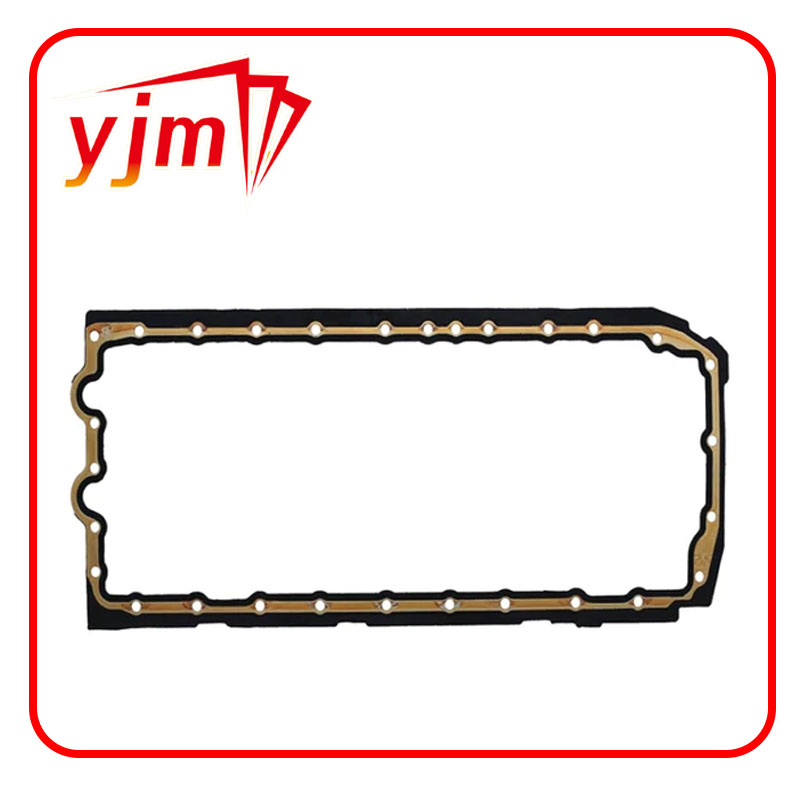Understanding the Importance of Motor Oil and Gasket Maintenance for Optimal Engine Performance
Understanding Motor Oil Gaskets Importance, Function, and Maintenance
Motor oil gaskets play a crucial yet often overlooked role in the maintenance and performance of vehicles. As essential components of the engine assembly, gaskets serve as seals that prevent leaks, ensuring that the engine operates efficiently and effectively. Understanding their function and importance can help car owners appreciate their role in automotive maintenance and longevity.
What are Motor Oil Gaskets?
Gaskets are mechanical seals that fill the space between two or more mating surfaces, preventing the escape of fluids or gases. In the context of motor oil, gaskets are specifically designed to seal areas where oil passages exist, such as between the engine block and the oil pan, the valve cover, or even the oil filter. Different materials are used in gaskets, including rubber, paper, metal, or a combination thereof, each selected based on the specific requirements of temperature, pressure, and fluid resistance.
The Importance of Motor Oil Gaskets
The primary function of motor oil gaskets is to maintain the integrity of the engine by preventing oil leaks. When these gaskets fail, it can lead to oil seeping out of the engine, which not only results in a loss of oil but can also lead to severe engine damage. Low oil levels can cause increased friction, overheating, and ultimately engine failure. Additionally, oil leaks pose environmental hazards and can create unsafe driving conditions due to the slippery residue they leave on road surfaces.
Furthermore, gaskets help in maintaining oil pressure within the engine. Engine oil lubricates various components, reducing wear and tear and ensuring smooth operation. A compromised gasket can lead to fluctuations in oil pressure, adversely affecting engine performance and longevity.
motor oil gasket

Signs of Gasket Failure
Recognizing the signs of gasket failure can save car owners from costly repairs. Common symptoms include visible oil leaks, a burning smell due to oil coming into contact with hot engine parts, and a drop in oil pressure. Additionally, an increase in engine temperature can be indicative of insufficient lubrication caused by oil leaks. It’s essential for car owners to periodically check their vehicles for these signs and consult a mechanic if they suspect a problem.
Maintaining Motor Oil Gaskets
Preventive maintenance is key to extending the life of motor oil gaskets. Regular oil changes not only help keep the engine clean but also ensure that the oil used is compatible with the gaskets. Over time, older oil can break down and become acidic, which can damage gaskets. It’s also important to periodically inspect the engine for any signs of leaks or wear.
When replacing motor oil gaskets, it’s crucial to use high-quality components that match the vehicle’s specifications. Improper installation or inferior materials can lead to premature failure, negating the benefits of a new gasket. Consulting with a professional mechanic can ensure that gaskets are replaced correctly and that the right materials are used.
Conclusion
Motor oil gaskets are integral to the smooth operation and longevity of an engine. Understanding their function and keeping an eye out for signs of wear can help car owners maintain their vehicles more effectively. Regular maintenance and prompt repair of any gasket issues can prevent larger, more costly problems, ensuring that your car remains in optimal condition for years to come. Proper knowledge and maintenance of these small but mighty components can go a long way in vehicle care.
-
The Ultimate Guide to Car Repair Kits: Tools and Essentials Every Driver Should Own
News Aug.01,2025
-
The Complete Guide to Oil Pan Gaskets: Sealing Engine Leaks the Right Way
News Aug.01,2025
-
Preventing Oil Leaks: A Complete Guide to Oil Pan Gaskets and Drain Seals
News Aug.01,2025
-
Everything You Need to Know About Oil Pan Gaskets and Drain Plug Seals
News Aug.01,2025
-
Essential for Car Owners: How to Use a Car Repair Kit to Deal with Minor Breakdown
News Aug.01,2025
-
Comprehensive Guide to Engine Oil Sump Gaskets and Related Seals
News Aug.01,2025
-
The Ultimate Guide to Boat Propeller Bearings and Trailer Wheel Bearings
News Jul.31,2025
Products categories















